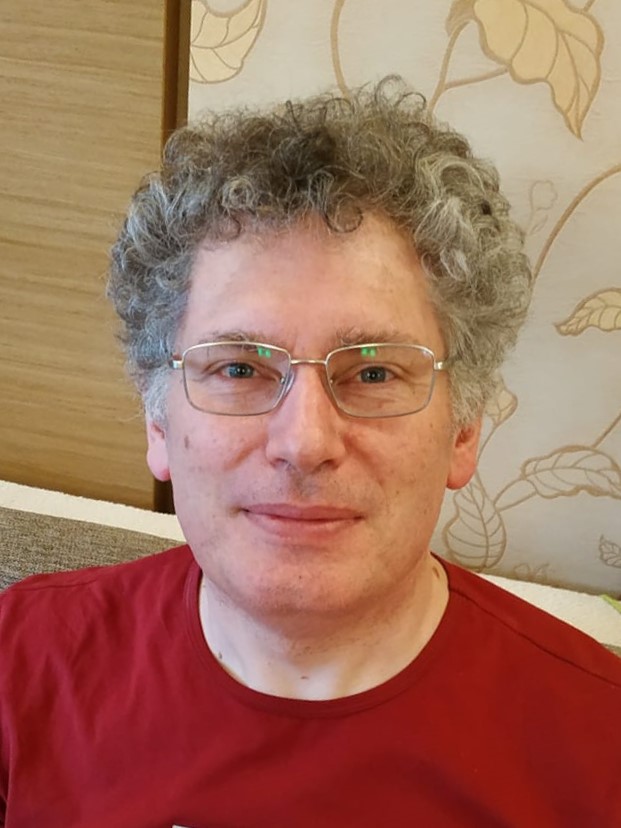
My name is Konstantin Pankov, (techno) magician, specializing in the materialization of intellectual (and other) desires of personal computer users in the form of application software.
In my blog, I share my practical experience in software development, talk about technologies and methods for creating programs, and offer ready-made solutions.
I write books and manuals for structuring consciousness, and also conduct training, thanks to which my readers and students comprehend the secrets and subtleties of the programmer’s craft, gradually moving into the category of co-creators, artists and Masters.
My story
Growing up on the stories of Asimov, Strugatsky, Clark, Heinlein, I saw the near future of mankind as a dawn after a dark night: I believed in scientific, technological and social progress, which, right before my eyes, should have turned the gray everyday life of the developed (as it was then considered) socialism into the endless saga of the conquerors of space and the triumph of science over the everyday problems of all people. Therefore, at the first opportunity (and it appeared in the 9th grade), I began to master the “specialty of the future” – programming. The day after graduation, I got a job at NPO Saturn, where I continued to practice writing code, while studying applied mathematics at the evening department of KubSU.
When I returned home after serving in the Soviet Army, I found that the country in which I grew up had disappeared, along with my idea of universal progress based on consciousness and voluntary service to humanity. But my idea to become a professional programmer remained, and I continued my career at Selena Design Bureau, developing real-time operating system modules in assembly language and independently mastering the high-level languages that began to appear along with personal computers.
Then in Russia there was a decade of fermentation of the economy, sweeping away large-scale production, giving rise to small companies, which also quickly drowned in financial and political instability. During this time, I changed many organizations and mastered several specialties, but in my heart I always remained a devoted servant of zeros and ones. On my PC, I created small projects and promoted them through friends, acquaintances and clients at the main place of work. There was practically no Internet then, but there were beeping modems, thanks to which I managed to send my programs even to foreign customers.
And yet, sometimes I managed to work on interesting projects: automation of material accounting and payroll for KRTPC (FoxBase); automation of the workflow system (section – material accounting) of the company “ALK” (FoxPro); game project “Chronicles of Tarr”, GUI programming, SoundEngine (Delphi 7).
After the Millennium, the country began to stabilize: Russian oil and gas regularly flowed to Europe, and the economy was built around a complex scheme for distributing budgetary funds among various segments of the population. I got a job at the Software Development company, where for 8 years I was developing software modules for a document management system for budgetary organizations at the level of the Krasnodar Territory (Delphi XE2). In the same period, he entered the IMSIT Academy and graduated with honors with a degree in Computer Science-Economist.
In 2014, an era of geopolitical transformations began in Russia, which after a while affected my work: two Ukrainian lads were taken in my place, and I set off on a free voyage under the proud flag of freelance and remote work: I worked as a technical writer for almost three years at Ednow Media LLC, then a couple of months as a programmer at Auslogics Software Ltd Pty, after which he made the final decision work only for yourself.
In 2018, I chose the My Visual Database platform as my main development tool, and I continue to use it to this day. During this time, I have a lot of developments, which I willingly share on the forum and on my blog. And I periodically write down my experience in the form of books: training courses or stories of the development of specific projects. These digital editions can be found in the library.